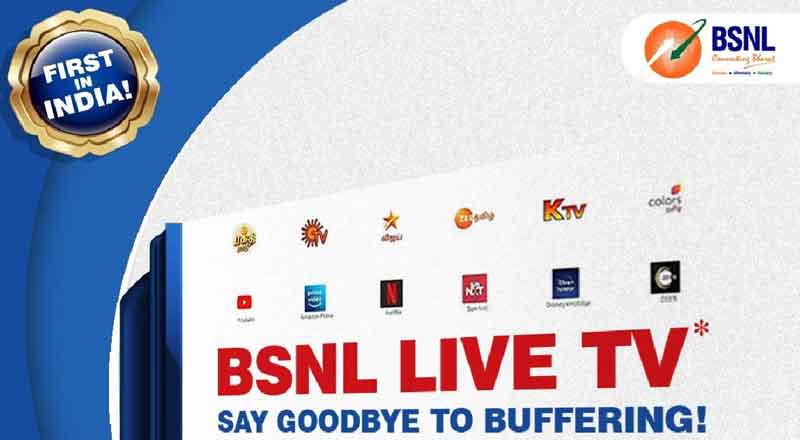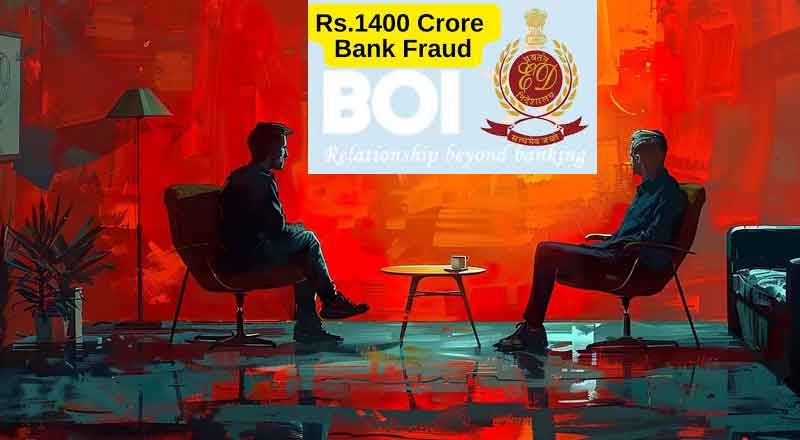BSNL has partnered with Skypro to offer an extensive range of channels, OTT, and various other value-added services through its state-of-the-art IPTV platform. This service is available free of cost to BSNL’s FTTH customers.
BSNL has recently launched India’s first internet TV service, called IFTV, which provides fiber-based connectivity. This service was initially available in Madhya Pradesh and Tamil Nadu, and it has now been introduced in Punjab as well. The company made this exciting announcement through their official social media channels. BSNL is partnering with Skypro, a company that specializes in providing internet TV services. Together, they aim to offer a modern TV and internet experience for BSNL customers all over India.
With IFTV, BSNL customers can access Skypro’s IPTV services through the Skypro TV app on their smart TVs. This means they can enjoy more than 500 channels in high and standard definition, along with over 20 popular streaming services and various other features — all without needing a separate set-top box.
Ajay Kumar Karaha, the BSNL Chief General Manager for Punjab Circle, stated that on November 28, their CMD, Robert Ravi ji, officially launched the IFTV service powered by Skypro’s state of art IPTV platform. It will allow customers who use fiber internet to watch popular channels like Colors, Star, and Zee, as well as sports channels like Star Sports, without needing additional bandwidth or equipment. After thorough testing, they are now ready to launch this service in Chandigarh, starting with 8,000 customers.
In other news, the Indian government has taken decisive action against two major companies involved in importing lithium batteries into the country and is currently examining a third company. This move comes in response to the rising sale of substandard power banks from China flooding the Indian market.
Many of these power banks claim to offer a specific capacity, yet they often deliver only about 50-60 percent of what the manufacturers advertise. Indian businesses are purchasing these inferior batteries at low prices from Chinese suppliers, which enables them to sell cheaper products and gain an unfair edge in the market. This situation not only undermines healthy competition but also misleads customers about safety and performance.





